#PHEVs
Porsche 918 Hybrid Hypercar Nearly Sold Out
Saving your pennies for a Porsche 918 Spyder? You may want to go ahead and take out a loan to get the down payment on the table, for the hybrid hypercar is nearly sold out.
Koesters: Ford May Build PHEV For Europe Should Demand Rise
While U.S. consumers can opt for a PHEV version of the Fusion or C-Max, European customers have had to look elsewhere.
This could change soon, however.
Automakers, Utilities Collaborate On Plug-In Cloud Charging Technology
A group of eight automakers are collaborating with 15 utility companies in the United States to give PHEVs and EVs the ability to communicate with the latter party and the grid through cloud computing.
Cadillac Boss Unveils Portfolio Revitalization Plan For 2020
First, there was the move. Then, there was the CT6. Now? Cadillac boss Johan de Nysschen unveils a blitzkrieg bop of a product roadmap, all set to be fulfilled by 2020.
2016 Cadillac CT6 To Offer PHEV Option, Advanced Architecture
Cadillac’s upcoming flagship is living up to its status, as the CT6 is set to have a PHEV option on the checklist when it arrives for the 2016 model year.
Next-Gen Chrysler Town & Country PHEV Debuting A Year Early
Minivan shoppers will have a new option to consider in 2015, as Fiat Chrysler Automobiles CEO Sergio Marchionne revealed plans to introduce a PHEV variant of the Chrysler Town & Country late into the coming year.
Paris 2014: Mitsubishi Outlander PHEV Concept-S Unveiled
Mitsubishi has taken its Outlander PHEV upscale with the debut of the Concept-S at the 2014 Paris Auto Show.
Paris 2014: Lamborghini Asterion LPI 910-4 Unveiled
Lamborghini has joined Ferrari, Porsche and McLaren in the hybrid hypercar game with one of its own, the Asterion LPI 910-4.
Cadillac ELR May Not Be Long For This World
Within the next few months, the 2016 Chevrolet Volt will enter showrooms on a new platform, cutting ties to the Delta II platform underpinning both the first-gen Volt and the Cadillac ELR. The move won’t matter ultimately, as the premium PHEV may not be long for this world as it is.
Utilities, Automakers Collaborate On Smart PHEV Charging Platform
A combination of one research institute, eight automakers and 15 utilities are working together to create a smart grid charging platform for PHEVs.
Daimler, BMW Collaborate On Wireless Charging
Daimler and BMW just announced a collaboration to help speed up development for wireless charging of both EVs and PHEVs, with the former’s Mercedes S500 PHEV as the test subject.
Mitsubishi: U.S.-Bound 2016 Outlander PHEV "Will Be Completely Different"
Perhaps as a result of what Mitsubishi had learned thus far since the introduction of the Outlander PHEV in Europe, Japan and Australia — as well as a MY 2016 redesign — the United States-bound PHEV “will be completely different,” according to both Mitsubishi Motors North America Executive Vice President Don Swearingen and U.S. PR boss Alex Fedorak.
Fourth-Generation Toyota Prius Production Delayed Six Months
Once set for production in the spring of 2015, the fourth generation of Toyota’s Prius will instead enter production beginning in December of said year.
GAC Hopes Transformers Appearance Means US Sales Next Year
Aside from seeing another Hasbro IP cameo transform into a weapon of mass destruction, viewers at the weekend opening of “Transformers: Age of Extinction” may have also glimpsed the first Chinese vehicle to arrive in the United States in the near future.
Mitsubishi Outlander PHEV Big In The UK
The Mitsubishi Outlander PHEV may not be coming to the United States until sometime between the autumn of 2015 and early 2016, but United Kingdom customers are already lining up at their local dealerships for a test drive of the SUV that can be had for the same price as its diesel sibling.



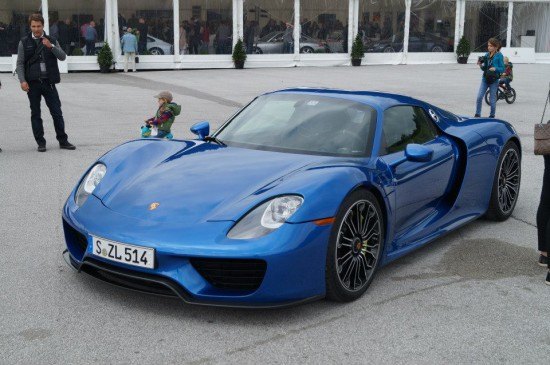
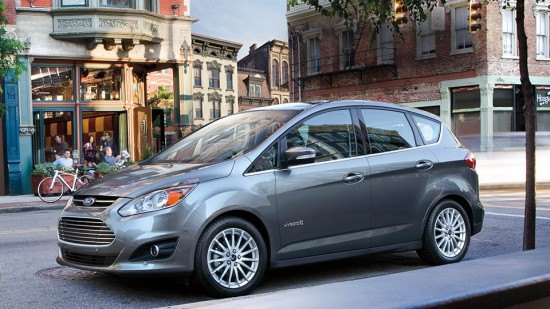

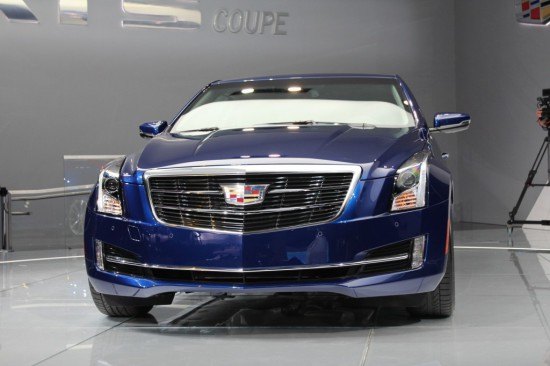


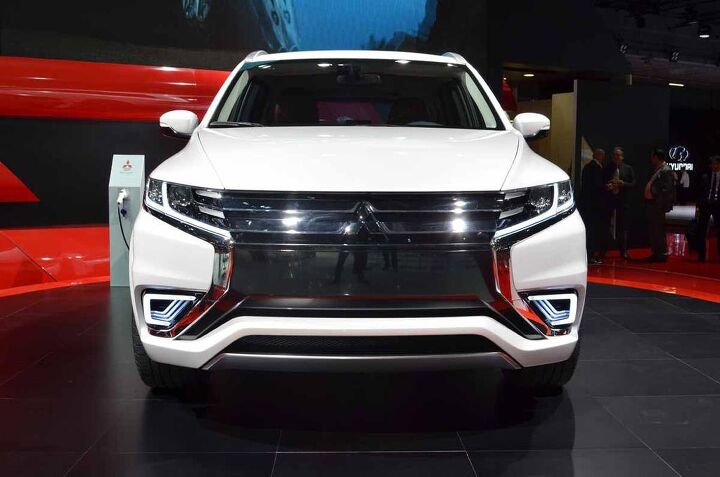




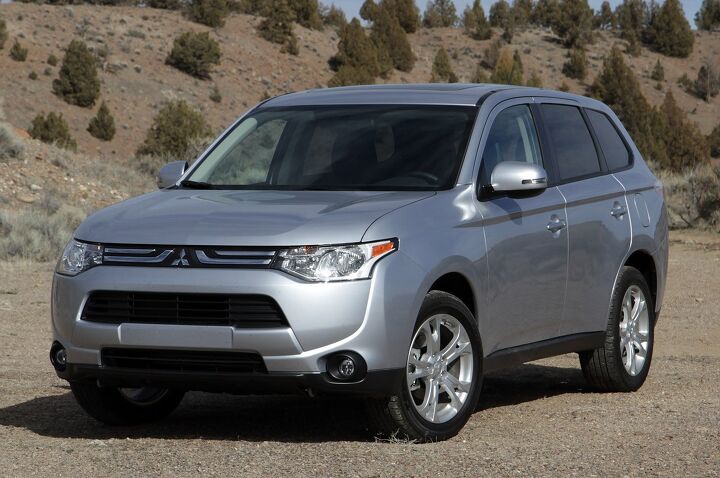
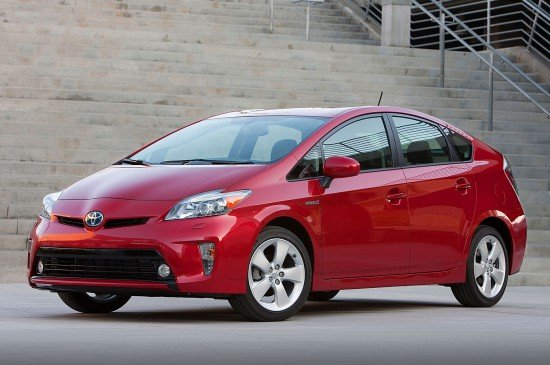
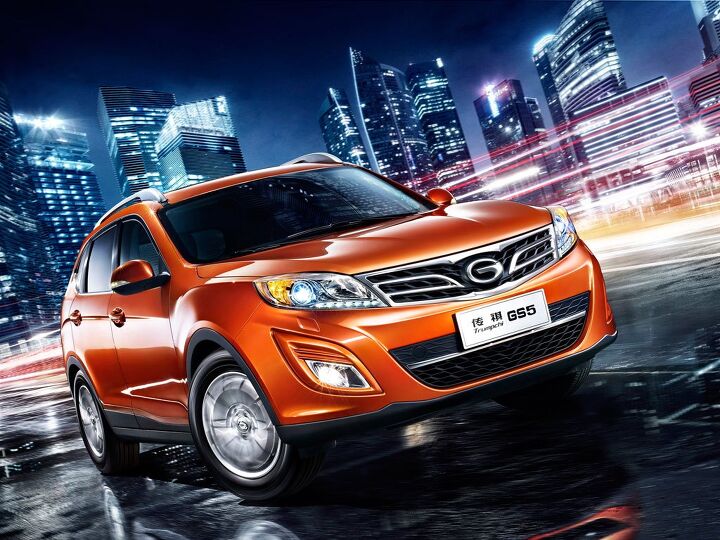
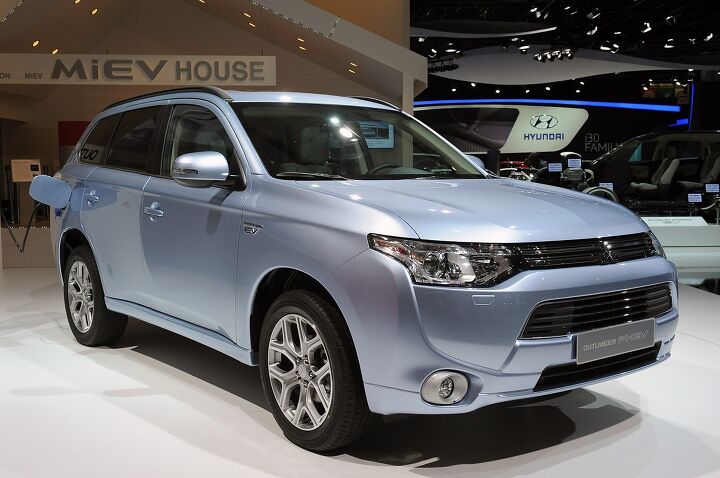












Recent Comments